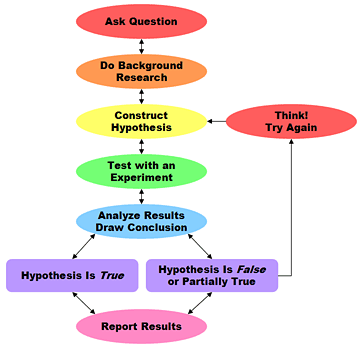Saturday, June 22, 2013
Open Letter to General Keith Alexander
The 2nd image from the top is that of General Omar Bradley ...
We, The Magdalenians, want to give the United States of America a most unusual gift --- > the opportunity to study 'The Monolith and The Great Machine' ... at the same time we want to help you all fix your problem --- that of finding the balance between civil liberties and security ... you all must do that if you are to use humanely the technology that is gradually evolving into the public domain ... the entire human race is about to take a major quantum leap forward ... we, as a human family, are about to be connected by thought ...
In a publication copyright 2000 by O'Reilly & Associates, Inc. titled 'Database Nation: The Death of Privacy in the 21st Century' authored by Simson Garfinkel (one of our associates), a heads-up is given ... let us be clear ... a great deal of thought and planning went into this global thought experiment ... just ask Martha Nussbaum ... and it is most necessary, given that we are dealing with a cosmic event ... I will give several quotes from this book ... but! ... first ... these reviews:
"Database Nation by Simson Garfinkel is a graphic and blistering indictment of the burgeoning technologies used by business, government, and others to invade the self - yourselves - and restrict both your freedom to participate in power and your freedom from abuses of power. The right of privacy is a constitutionally protected right, and its erosion or destruction undermines democratic society as it generates, in one circumstance after another, a new kind of serfdom. This book is one that you're entitled to take very personally." --- Ralph Nader, Consumer Advocate
"Database Nation is illuminating and disturbing, fascinating in its explanations of new technologies, but easily accessible to readers who might not otherwise have an interest in computers. Mr. Garfinkel's accounts of privacy abuses are alarming, not because they are unusually horrifying but because they are so familiar."
--- The New York Times
"Database Nation describes how little control we have over our personal information - and outlines the myriad and terrifying incursions in store for us if we don't wake up and demand the protections we deserve."
--- Newsweek
"Other writers have raised alarms, but on one has revealed the encroachments of technology on privacy in such exacting detail. Living in the global village, it seems, is like living in a real one; you have to deal with a whole lot of busybodies." --- The New Yorker
"A unified, sweeping indictment of how America's failure to establish privacy laws is rapidly concentrating power in the hands of governments, insurance companies and dot-com billionaires --- Database Nation aims straight at the things that nearly all Americans, left, right, and center, care about deeply. Ignore this book and you ignore your own future." --- USA Today
"This is a chilling compendium of the myriad methods government and industry have devised to catalog and profile the preferences of American citizens. It is an essential handbook in the fight against the insidious erosion of a right so dear that freedom itself depends on it." --- The Hon. Edward J. Markey, U.S. House of Representatives
On page 234 of this book begin a very haunting section titled 'Brain Wiretapping': Untimately, wiretapping cannot stop all acts of terror, because lone terrorists are unlikely to discuss their plans with others. Catching these people will require an even more invasive monitoring technique "brain wiretapping".
Stories of mind reading go back thousands of years, although most accounts appear to be apocryphal at best. But what if mind reading could be reliably perfected, and performed at will? Allegedly, many programs were conducted by the U.S. military in the 1960s, 1970s, and early 1980s to find ways to turn myth into reality. One program, called Star Gate, focused on remote viewing, and was contracted to SRI International. According to numerous reports, the SRI team discovered at least seven people who could reliably describe the actions, scenes, and thoughts of people at a great distance. But the project was terminated in 1995 after it was ridiculed by a Congressional investigation.
Imagine how simple law enforcement would be if police could simply look into the minds of suspects. Forget about the subjective vagaries of judges and juries ... police could instantly know who was guilty and who innocent. They could easily track down and arrest the co-conspirators.
True brain wiretapping won't come from mystics, physiological measurements, or drugs. It will come from attempts to map the human brain.
As we move forward, approaches such as these, which look crude today, will only improve. One driving factor will be the so-called 'man-to-machine interfaces' that researchers are creating with the hope of letting quadriplegic accident victims use computers to regain control over their lives.
Subscribe to:
Post Comments (Atom)





No comments:
Post a Comment